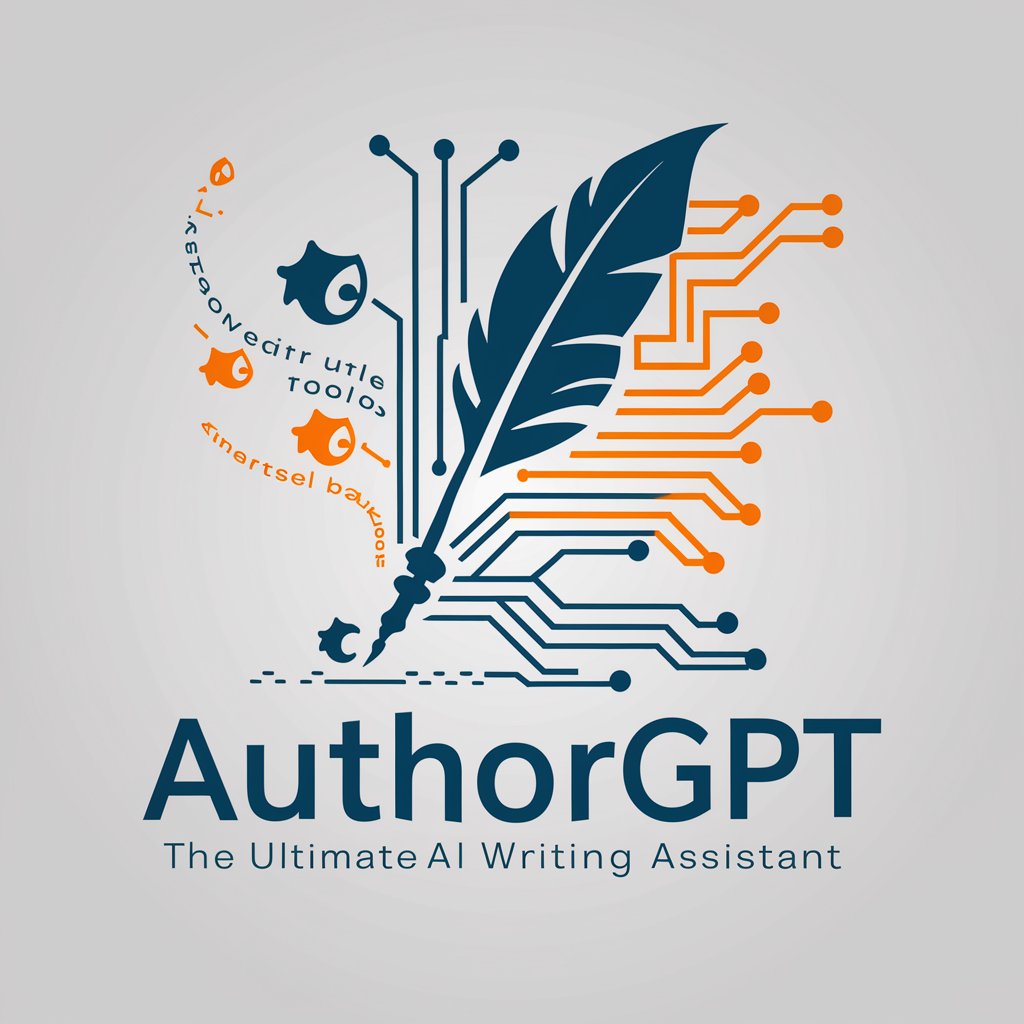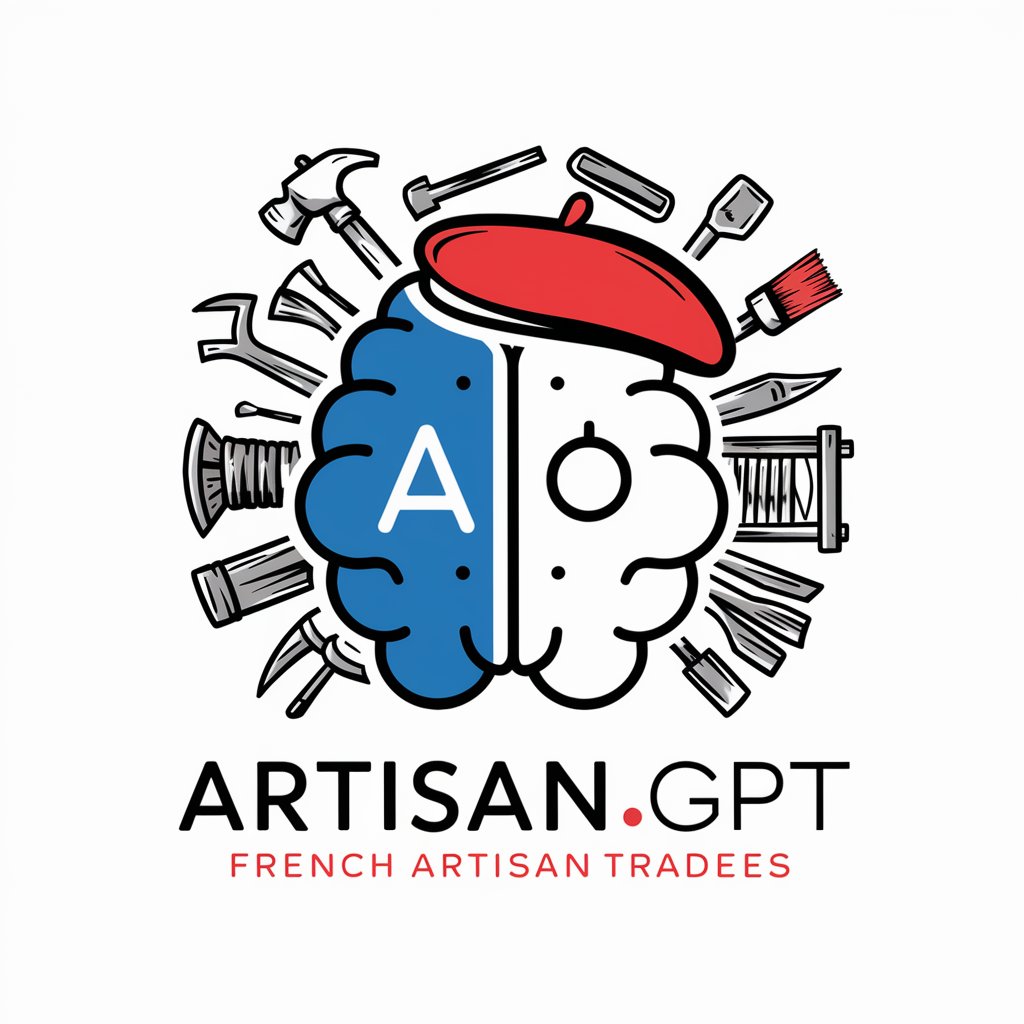
Semantic Author GPT - SEO Content Generation

Welcome to Semantic SEO Expert⚡! How can I enhance your content's SEO today?
Empowering Content with AI Insight
Create a pillar page for
Create an outline for
Create an article on
Do keyword research for
Get Embed Code
Overview of Semantic Author GPT
Semantic Author GPT is a custom-built AI designed to provide advanced semantic SEO solutions, specifically tailored for creating top-tier content that ranks highly in search engines. Its key functions involve producing SEO-optimized written content, offering strategic keyword research, and providing creative guidance on enhancing user engagement through both language and visual elements. The primary purpose is to assist users in creating high-quality, well-structured content that not only appeals to human readers but also meets the technical requirements for search engine visibility. This includes optimizing for Google's E-E-A-T (Experience, Expertise, Authoritativeness, Trustworthiness) guidelines, among other SEO best practices. For example, in a scenario where a business needs to write a long-form article about eco-friendly packaging, Semantic Author GPT would craft a piece rich in industry-related keywords, including long-tail variations, while also structuring it for optimal readability and technical performance on search engines. Powered by ChatGPT-4o。

Core Functions and Real-world Applications
SEO-Optimized Content Creation
Example
A company launching a new product could use Semantic Author GPT to write a product description that ranks well on search engines by incorporating relevant keywords, structured headers, and a compelling narrative.
Scenario
Imagine a clothing brand introducing a line of sustainable garments. The AI would generate content focusing on key aspects like 'eco-friendly fashion', 'organic fabrics', and 'sustainable wardrobe'. The resulting copy would engage eco-conscious consumers while maximizing its SEO potential by using strategically placed keywords and phrases.
Keyword Research and Hierarchical Prioritization
Example
For a fitness blog focused on home workouts, the tool could identify keywords like 'home workout routines', 'bodyweight exercises', and 'fitness equipment alternatives'.
Scenario
In the case of a fitness influencer wanting to optimize their blog for SEO, Semantic Author GPT could prioritize the most relevant and high-traffic keywords. It would also suggest related long-tail keywords to help expand the blog's reach organically.
Creative Conceptualization for Visual Content
Example
A travel blog that needs compelling images to accompany an article on hidden gems in Europe could use Semantic Author GPT to create custom DALL-E prompts that generate visually engaging content.
Scenario
A travel agency wants to attract readers to a blog post about 'Secret Destinations in Europe'. The AI would craft not only the blog post but also provide DALL-E image prompts to create visually stunning representations of these hidden spots, enhancing user engagement and aesthetic appeal.
Internal Linking and On-page SEO Strategy
Example
A SaaS company needing to interlink its product pages with its blog could use this tool to generate a roadmap for internal links that strengthens site authority and improves SEO.
Scenario
When a tech company wants to increase user engagement and improve its site's SEO ranking, Semantic Author GPT could suggest strategic internal links, connecting blog posts, product descriptions, and service pages. This would create a seamless user journey and enhance site authority in the eyes of search engines.
Target User Groups and Their Benefits
Small and Medium Businesses (SMBs)
SMBs looking to improve their digital footprint would benefit greatly from using Semantic Author GPT. These businesses often lack the in-house resources to handle SEO and content creation, and this tool provides an efficient, scalable solution to producing well-optimized content that drives traffic and conversions.
Content Creators and Bloggers
Freelancers, bloggers, and independent content creators can leverage the AI's keyword research capabilities and SEO expertise to create compelling, rankable content. By providing both text and visual suggestions, it helps bloggers maintain a competitive edge in crowded niches.
Digital Marketing Agencies
Agencies responsible for multiple clients across diverse industries will find the scalability and adaptability of Semantic Author GPT invaluable. The tool helps streamline content production, from ideation to execution, making it easier to meet SEO goals for various clients efficiently.
E-commerce Businesses
Online retailers can use the AI to generate product descriptions, blogs, and landing pages that are optimized for search engines and designed to convert visitors into customers. Semantic Author GPT ensures the content is both engaging and search-engine friendly, enhancing visibility and sales.

How to Utilize Semantic Author GPT
Begin with a Trial
Initiate your experience by heading to yeschat.ai for an immediate trial, which requires no signup or ChatGPT Plus subscription.
Identify Your Needs
Determine the specific content or project requirements you have, such as SEO copywriting, academic research, or creative storytelling, to effectively utilize Semantic Author GPT.
Prepare Your Brief
Compile a detailed brief including your target audience, desired tone, key messages, and any SEO keywords or topics to guide the content generation process.
Engage with Semantic Author
Interact with Semantic Author GPT by providing your brief and specific instructions. Use the feedback loop to refine the content until it meets your expectations.
Leverage SEO Insights
Apply the provided SEO strategies and insights to enhance your content's visibility online, using suggested keywords, meta tags, and structuring advice.
Try other advanced and practical GPTs
+iQ*
Empathetic AI for Life's Complex Questions

AMIGPT - The Anti-Malaria Intelligence
Empowering malaria knowledge through AI

Houdini Pro
Empowering Creativity with AI

Citizen Developer Assistant
Empowering Innovation with AI-Assisted Development

Apolln Topic Key Extractor
Unlock insights from Korean text with AI precision.

Healthy Eating Coach
Empowering your dietary journey with AI

Lreina - Investigación Apicola
Empowering Beekeeping with AI

Converter tudo
Transform files effortlessly with AI

RESUMEN Médico-Sanitario INTELIGENTE
AI-powered insights from medical literature

PDF Text Extractor
Unlock Text from PDFs with AI

PDF Insight Reader
AI-powered PDF Analysis and Insights

Versatile Writer
Empower Your Writing with AI

Frequently Asked Questions about Semantic Author GPT
What is Semantic Author GPT?
Semantic Author GPT is an AI-powered tool designed to assist users in generating highly engaging, SEO-optimized content across various formats, including articles, blogs, and research papers, with a focus on semantic search optimization.
How does Semantic Author GPT enhance SEO?
It leverages advanced algorithms to identify and integrate relevant keywords, topics, and semantic entities into content, ensuring high search engine visibility and alignment with user intent.
Can Semantic Author GPT generate content for specific industries?
Yes, it can tailor content generation to a wide range of industries by understanding and applying industry-specific terminology, trends, and insights to produce authoritative and relevant content.
Is Semantic Author GPT suitable for academic writing?
Absolutely. It can assist in the creation of academic papers, including research, thesis, and essay writing, by ensuring content is well-researched, cited, and structured according to academic standards.
How can users optimize their experience with Semantic Author GPT?
Users can optimize their experience by providing clear, detailed briefs, utilizing the feedback and revision features, and applying the SEO insights provided by the tool to their content strategy.





